Stress
Stress, while a normal psychological and physical response to the demands of life, can become chronic and overwhelming, leading to a host of health issues, including anxiety, depression, digestive problems, heart disease, sleep disturbances, weight gain, and memory and concentration impairment. Stress eating, also known as emotional eating, is a common coping mechanism for managing stress, where one might turn to food for comfort, rather than out of hunger. It often involves cravings for high-calorie, high-sugar, or high-fat foods which, over time, can lead to weight gain and negatively impact overall health.
Nutrition Response Testing can be an integral part of managing stress by identifying nutritional imbalances or deficiencies that may exacerbate the body’s stress response. Adequate levels of B vitamins, magnesium, and omega-3 fatty acids, for example, are essential for the nervous system’s health and can support the body’s resilience to stressors. A tailored nutritional plan can help to stabilize mood, improve sleep, and enhance overall vitality. Nutrition Response Testing can help address stress eating by identifying potential nutritional deficiencies that may be contributing to cravings and imbalanced eating patterns. By optimizing the intake of nutrients that support brain chemistry and blood sugar balance, such as quality proteins, complex carbohydrates, and healthy fats, one can reduce the urge to stress eat. Incorporating foods rich in vitamins and minerals, like magnesium and B vitamins, can also support a more balanced mood and help mitigate the body’s stress response.
Chiropractic care is also known to be beneficial in the management of stress. Chiropractic adjustments aim to reduce spinal nerve irritation and improve blood circulation, which can help the body manage and recover from stress more effectively. Techniques such as spinal manipulation, massage, or relaxation exercises can also aid in reducing muscle tension, which is often a direct physical manifestation of stress.
Introduction
Chiropractic care might indirectly affect stress eating by alleviating the physical symptoms of stress, such as tension headaches, muscle tightness, and fatigue. By improving spinal alignment and reducing nerve interference, chiropractic adjustments can enhance the body’s stress resilience, potentially decreasing the reliance on food as a stress relief mechanism.
Incorporating strategies from both nutrition and chiropractic care can help in building a comprehensive approach to managing stress, emphasizing the body’s ability to heal and maintain balance. However, if stress is severe or chronic, it is also essential to consult healthcare professionals who can offer a full range of support, possibly including counseling or therapy.

